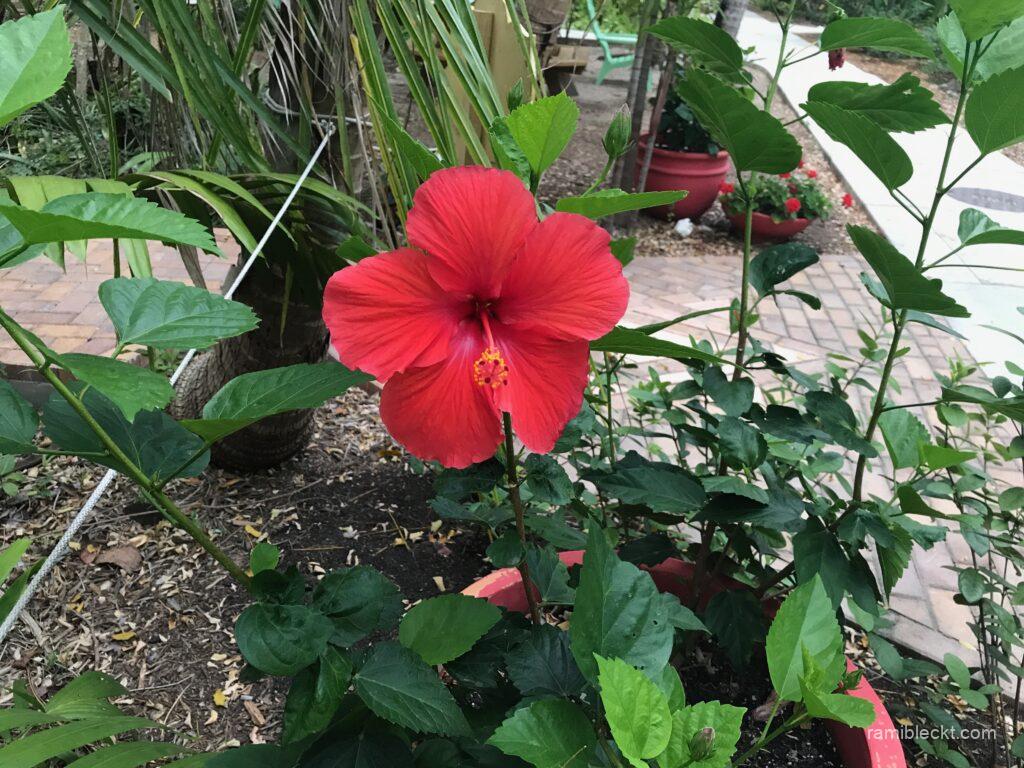In “Ashtanga-Hridaya Samhita” (one of the main Ayurvedic texts written by enlightened sages thousands of years ago) it is stated that there are six stages of illness:
- Psycho-physiological (gunas);
- Energy-informational, Ethereal (imbalance of energy, sensory and knowledge acquiring channels);
- Neuro-endocrinal (aggravated doshas);
- Endo-toxic (accumulating of the products of weak metabolism, toxins);
- Manifested, symptomatic (appearance of clinical symptoms of diseases);
- Terminal (death of an infected organ).
It is understandable that in the first two stages a disease can be cured easily, at stage three and four it is also curable, at the fifth it is difficult to cure and at the sixth it is incurable.
Modern medical systems usually deal with stage five and even stage six. Most Ayurvedic clinics function at stage three and four and the majority of purgative programs deal with stage four.

A well-known Russian researcher and author of the series, “Diagnostics of Karma”, S. N. Lazarev, by seeing a person’s energy field can successfully diagnose at the stage two. But his system would not help a person who is blocked at the first stage due to a predominance of ignorance and passion (Tamas and Rajas). For accuracy I should also mention that Ayurveda also describes the karmic stage which underlies all of the above six stages; it can be seen on the energy-informational, ethereal field of a person. […]
My book «The Three Energies: The Forgotten Canons of Health and Harmony» explains the first stage and to some extent the second one. On these levels everything can be changed and improved and if one applies this knowledge, depression and disease will be forgotten.
I remember how amazed I was when I discovered that in ancient India and China people were astonished when someone became ill and doctors would be disgraced – “How could he let it happen?” The main duty of a doctor at that time was to visit his patients to develop a personal relationship with them through discussing various philosophical and metaphysical topics. He would also advise on lifestyle, diet and social interaction.
Interestingly, the Russian language originated from Sanskrit and belongs to the Indo-European group of languages, and has preserved within it many Sanskrit words and terminology.
For example, the Russian word for “doctor” developed from the Sanskrit word “to talk”. In ancient times practically all Ayurvedic doctors were spiritually highly advanced. Famous doctors of ancient times, founders of their own schools and systems were prominent spiritual practitioners and gurus. This was happening outside of Vedic civilization as well. Slavic people turned for help to Magi (healers and priests), Rambam is a famous Jewish scholar, and Avicenna is a known Arabic scholar of medicine and philosophy.
Unfortunately this knowledge is generally written in a complicated way that many find it difficult to understand for a modern man. What I accomplished: after reading many books, and attending multiple seminars on this subject, I have compiled all this information in a simple language. I have seen how this knowledge has helped many people regardless of their spiritual orientation. I am confident that it can help all of you!
The Three Energies: The Forgotten Canons of Health and Harmony

